Building a custom home the traditional way can be a complex, time-consuming and expensive process. Luckily, there’s a speedier, cheaper and more streamlined way to consider when creating your ideal space. By using pre-manufactured and ready-to-assemble elements in the construction process, prefabricated (a.k.a prefab homes) offer a unique way to build a house.
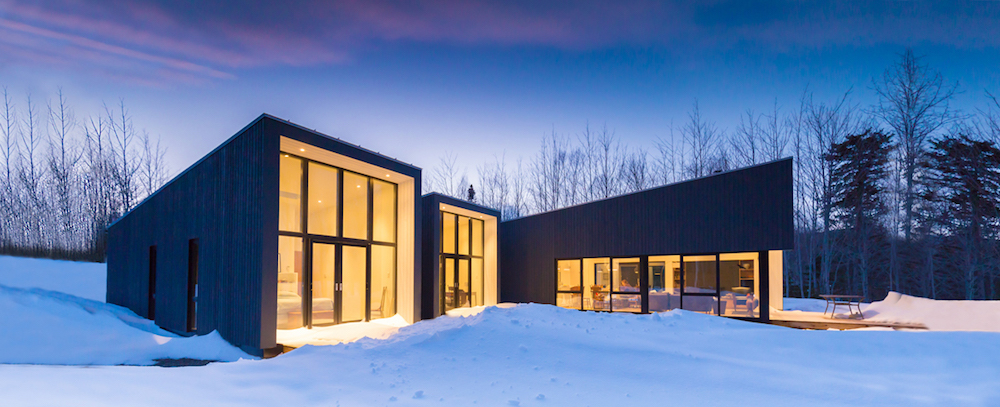
The Basics
“Prefab homes,” “flat pack homes,” “modular homes”: there are many ways to refer to prefabricated houses. Essentially, a prefabricated home uses some method of pre-manufactured, off-site construction – which leads to many advantages.
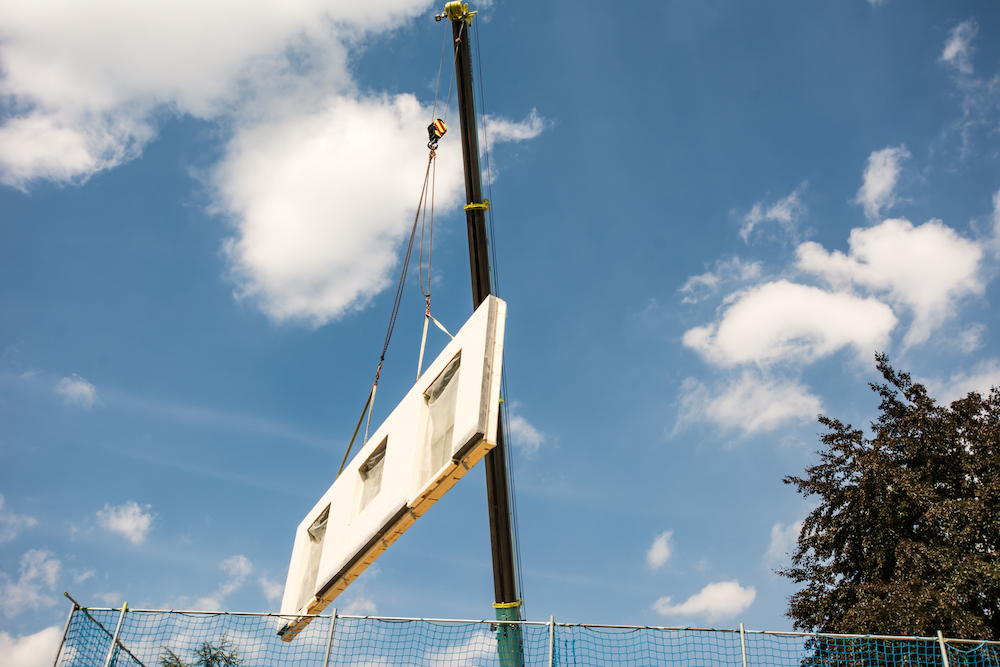
Different Degrees of Prefabrication
The amount of pre-manufacture varies depending on the specifics of a prefab design, company and project. Generally, with modular or prefab designs, the structure is largely or completely pre-made and then installed and finished on your site. With flat pack or panelized kit homes, portions are created in panels (which can be “packed flat” for easier delivery).
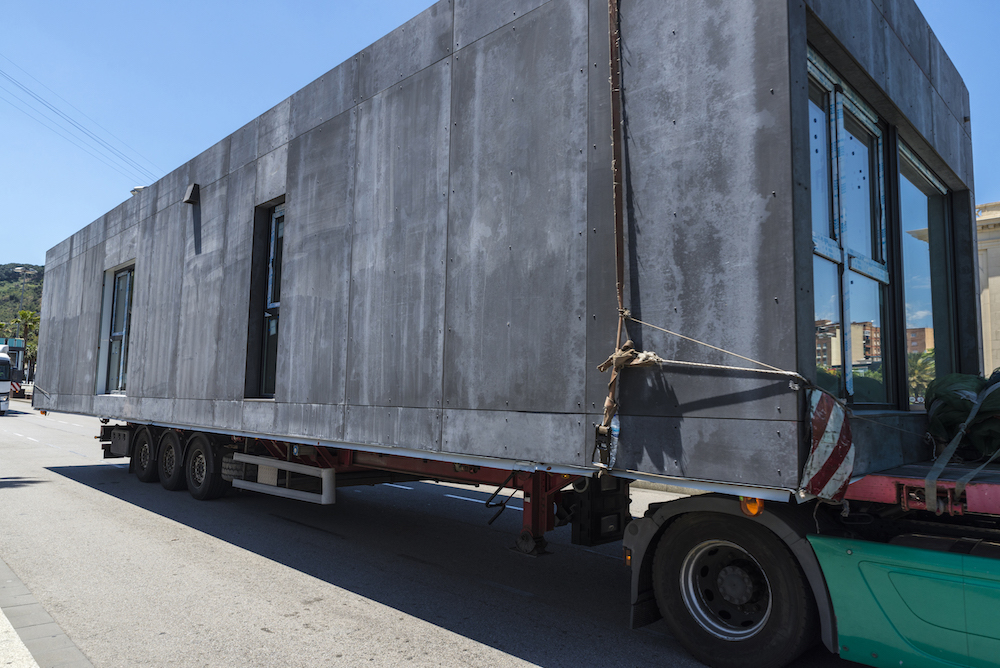
Ready to Deliver
Is it a kit broken down into multiple pieces? Is it an entire house placed on the bed of a truck? The amount and size of pre-manufactured materials needed impacts flat pack home prices.
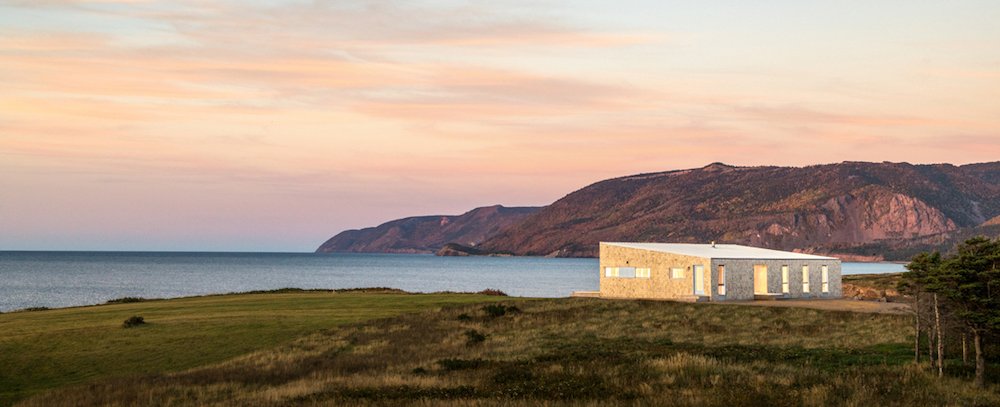
Location, Location, Location
Building portions or all of a home off-site offers flexibility that can’t be found in a traditional home build. This is especially useful when wanting to create a home at a difficult-to-reach location – instead of the expense and labour of having craftsmen and crews trek out to a remote location, the work can be done off-site and then delivered and assembled when complete.
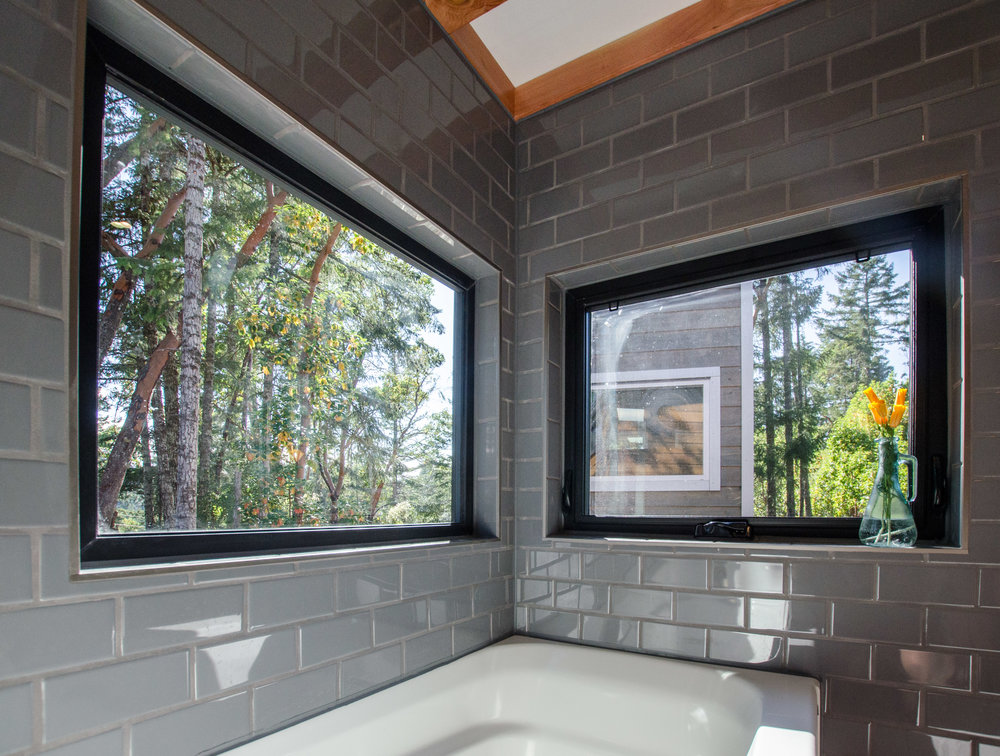
Pick the Perfect View
Choosing the exact location and placement of your home has some serious advantages when it comes to your view. Love the tranquility of gazing into the lush green trees while you have your morning bath? Buy some land with branches to spare and add your dream prefab home for the ideal combination.
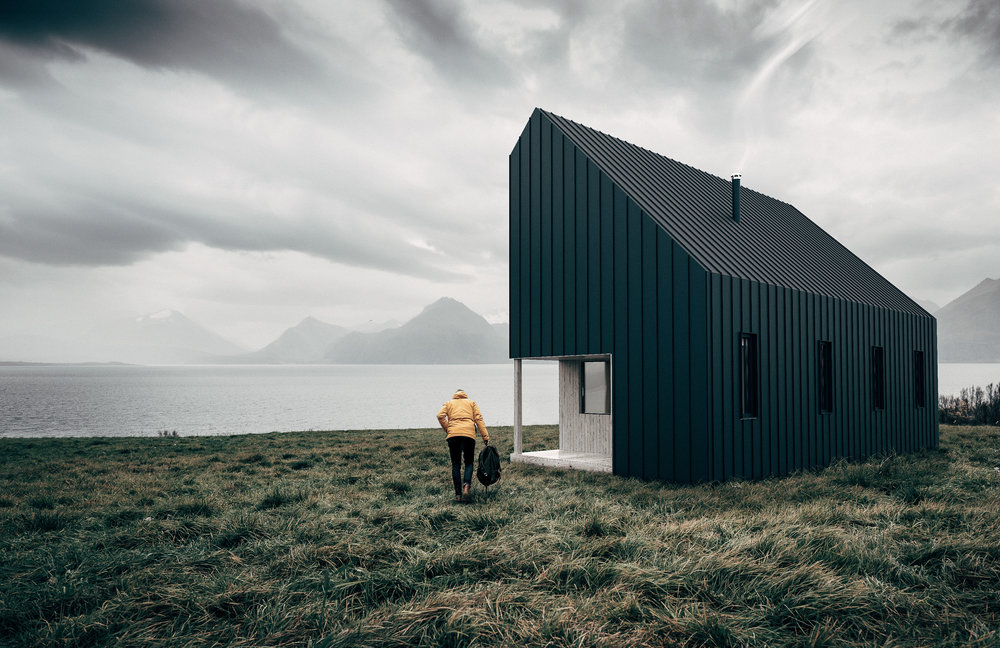
Scale up as Needed
One of the key benefits to prefabricated homes is in their adaptability. Modular kits and prefabricated systems, like the options available from the Backcountry Hut Company, offer the opportunity for scalable design to meet your needs.
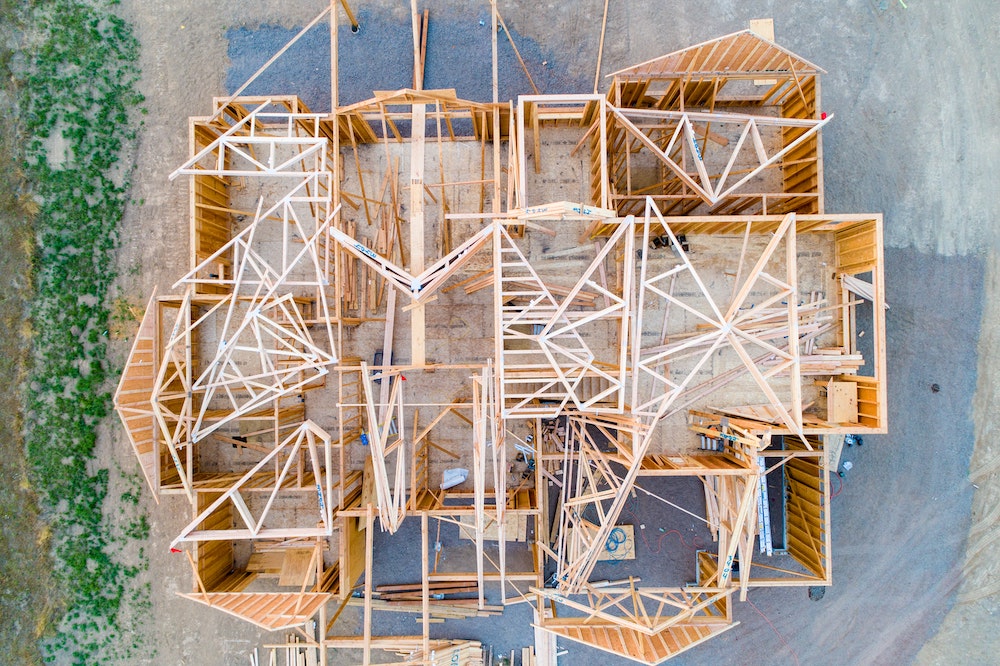
Get Home Faster
It’s a not-so-funny joke known by anyone who’s ever waited on a construction project – the given completion date is usually more of a guess than an actual move-in date, with factors like bad weather and on-site issues adding an element of unpredictability.
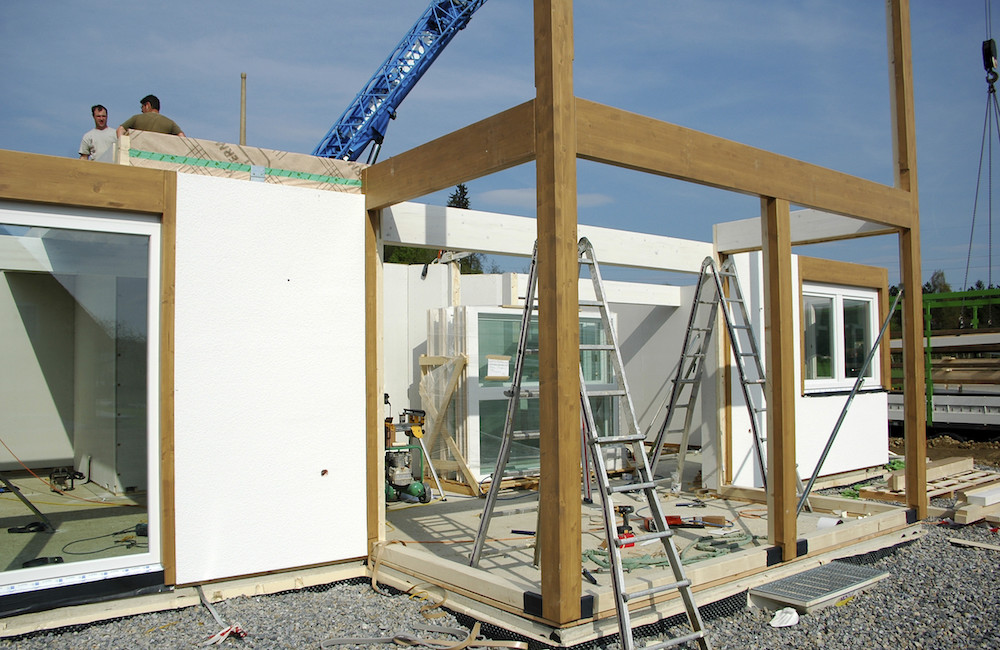
Off-Site Construction
Prefab structures, however, are manufactured off-site, taking location-specific and weather-related delays off the table. The result? Faster start-to-finish completion times, so you can move in sooner.

A Prefab Home for Every Budget
How much do prefab homes cost, you ask? Well, it depends. Whether you want to build a small studio on your property, a vacation home by the lake or a tiny home for your growing family, there’s an option for all – with costs to go along with them. With factors like more efficient timelines and pre-designed layouts inherently helping to reduce the expenses associated with prefab houses, the exact cost depends on what you want – and where you want it (remember: you must also account for the cost of the land your prefab will live on, too!).
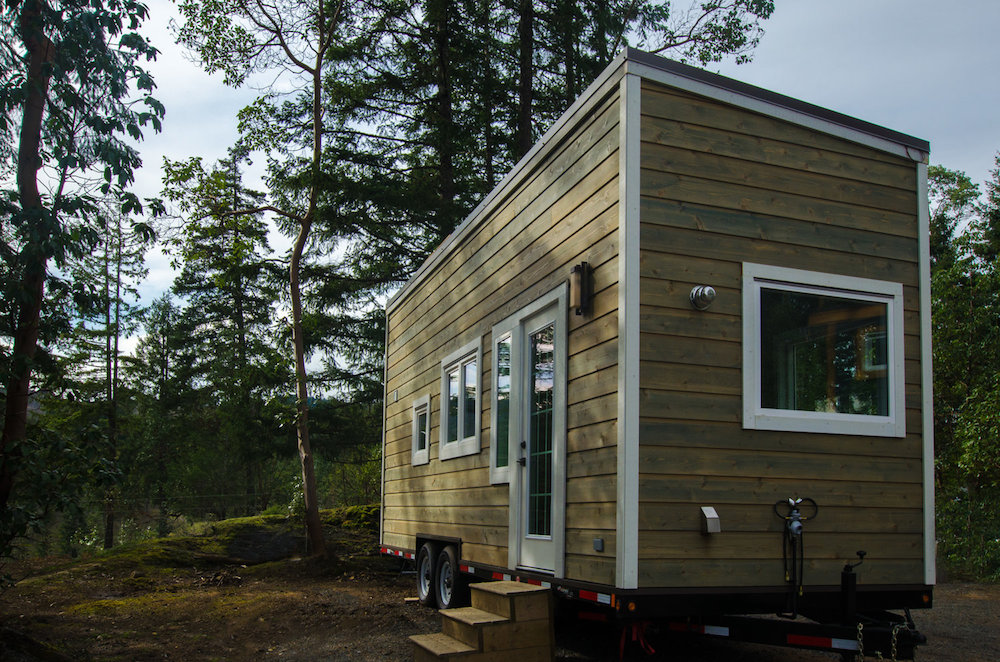
Know What You’re Paying For
While prefab home designs are customizable in many ways, they offer better predictability when it comes to costing. By choosing an already-made design, you save time and money as compared to custom building a home from scratch.
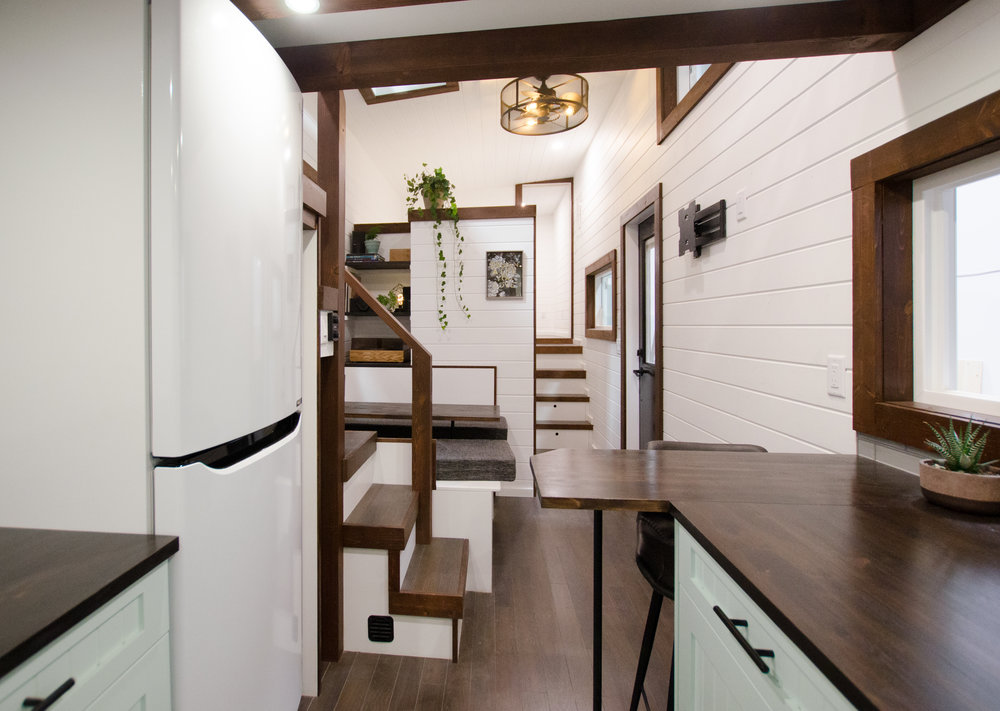
Maximize Space With a Tiny Prefab Home
Tiny houses are among the most versatile and affordable ways to enjoy a prefab home. Because they take up less space, you don’t require as much land to house them, which saves costs.
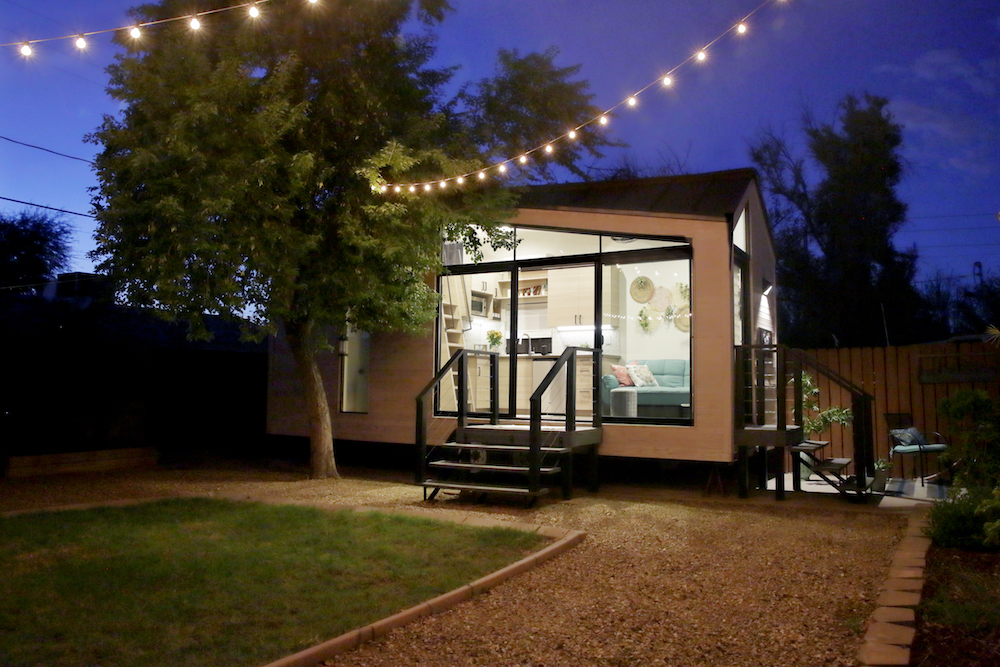
Tiny House, Big Opportunity
And, by optimizing design and space, compact tiny homes – including prefab tiny homes – encourage a more minimalist lifestyle, that still prioritizes comfort without sacrificing style.
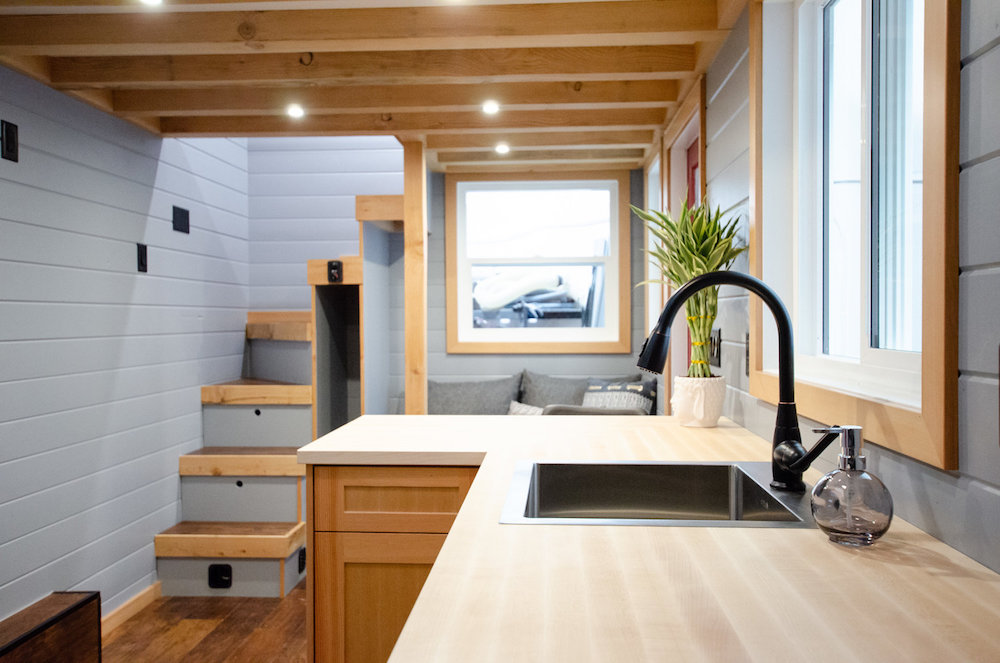
Local Materials, Smaller Footprint
By integrating opportunities for custom design, prefab houses offer opportunities to use local materials for a smaller ecological footprint. This prefab tiny house from British Columbia-based Rewild Homes features local Vancouver Island fir cabinetry and trim in its design.
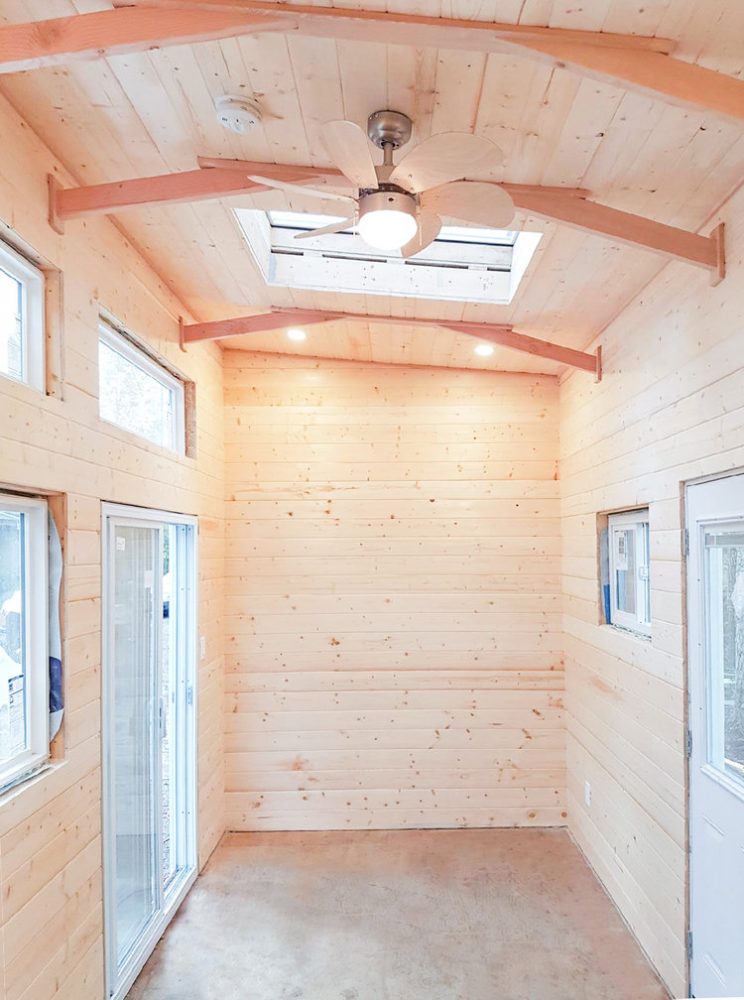
A Little DIY for a Lot of Savings
If you’re handy and aren’t afraid of a little DIY, you can save even more money by assembling your prefabricated home yourself. Many prefab companies offer options to provide you with partially assembled pieces, pre-built frames or shells that you can put together yourself.
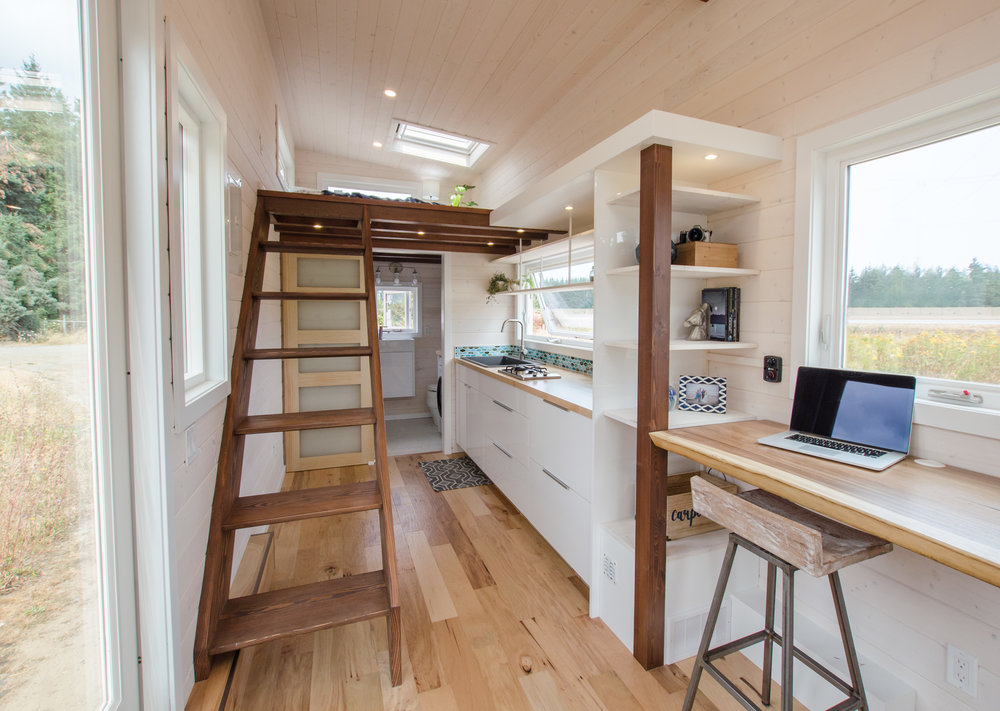
BYOL: Bring Your Own Land
One of the big pros (and cons) to consider with a prefab home is obvious: you need a place to put it. While this offers great opportunities for creating a home in a dream location, you also need to find and purchase the land to put it on.
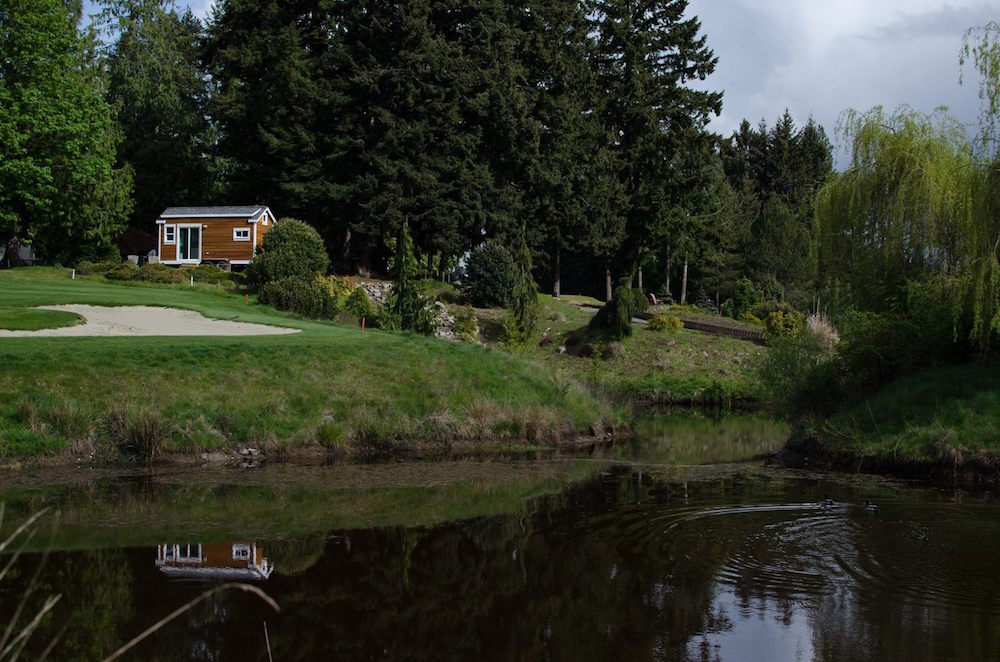
Build Your Dream (Vacation) Home
Prefab homes are ideally matched when it comes to building a recreational or vacation home. Because they allow for more flexibility when it comes to building in remote areas, prefab homes make it easier to install in a beautiful but hard-to-reach location.
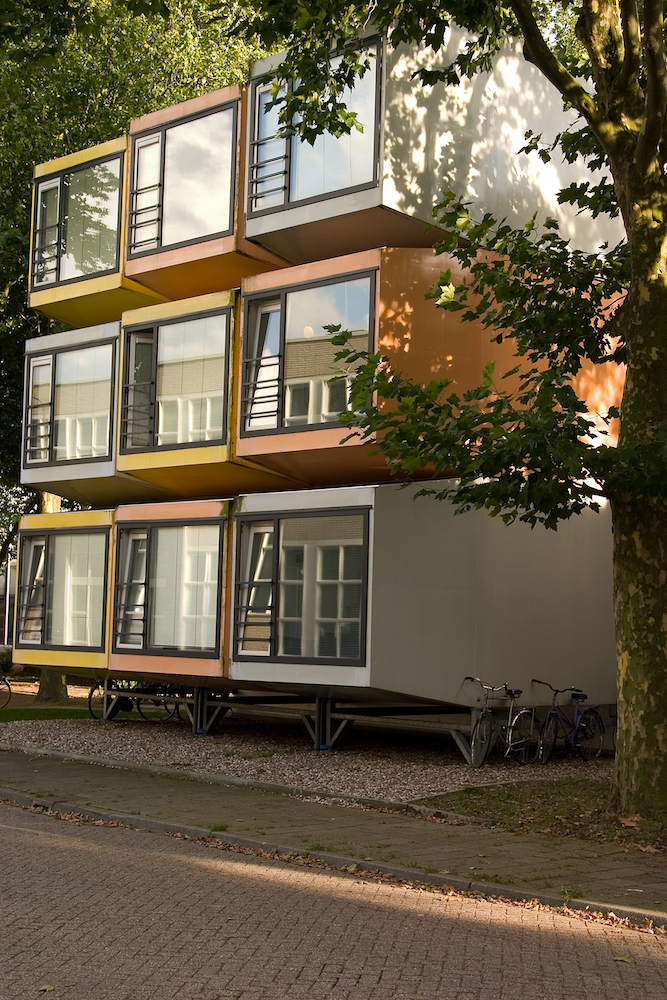
Out-of-the-Box Housing Solutions
Let’s face it: in many cities, space is limited. Prefab structures can supply unique and creative solutions to housing problems by offering lower-cost, space-effective alternatives – like these cube-style student houses.
Home Network your inbox.
By clicking "SIGN UP” you agree to receive emails from Home Network and accept Corus' Terms of Use and Corus' Privacy Policy.




